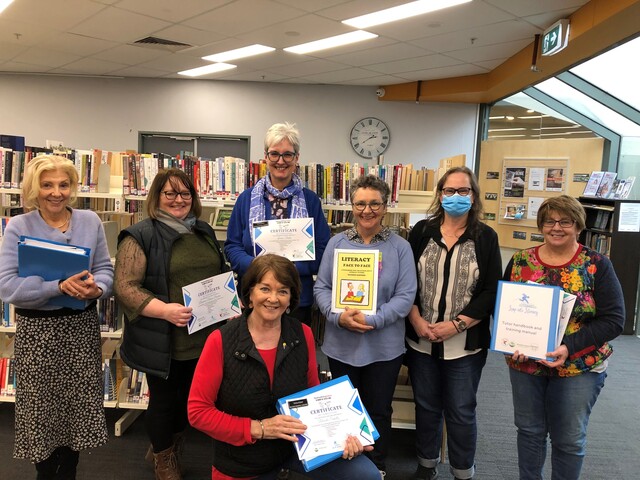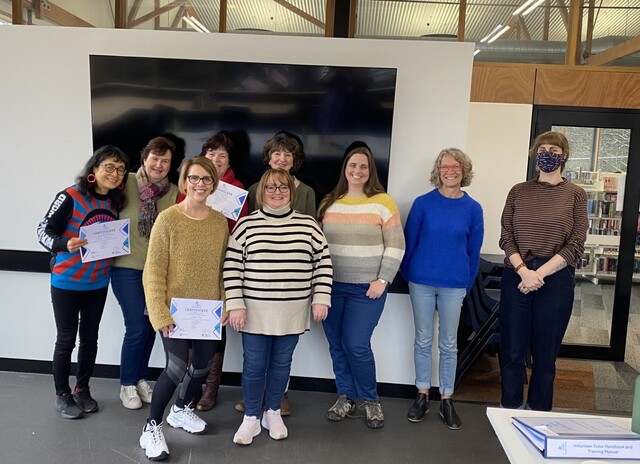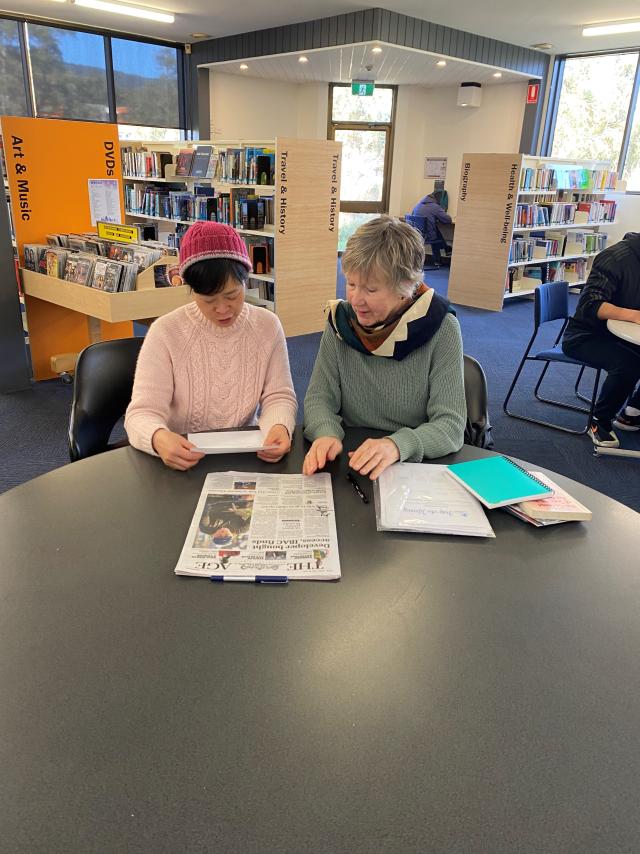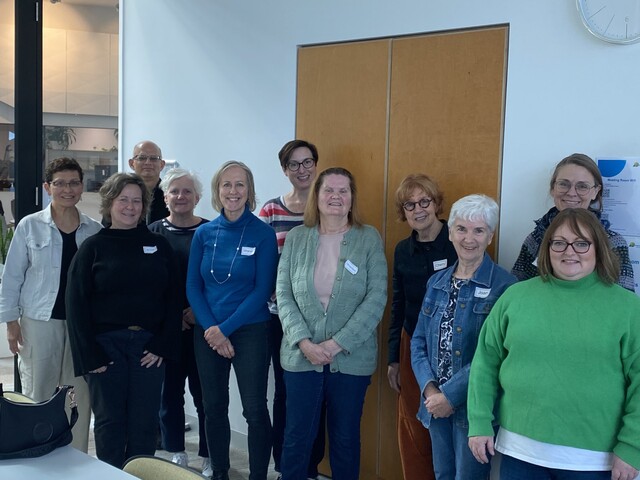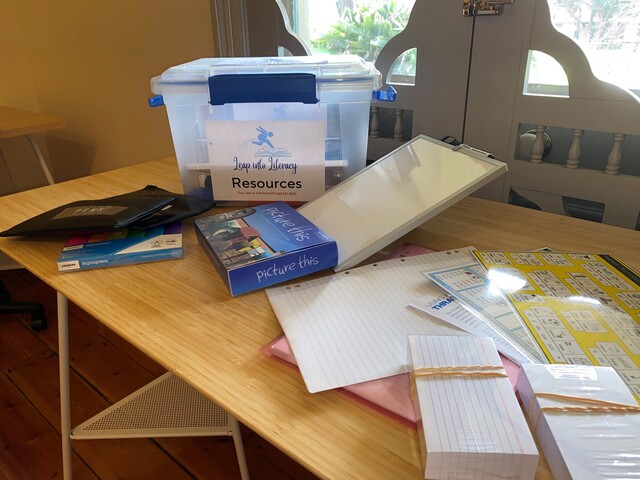By Christine Yunn-Yu Sun
Lizzie James is the Regional Literacy Officer at Your Library (formerly Eastern Regional Libraries).
Here is her introduction to the “Leap into Literacy” program for adults who would like support with reading, writing or numeracy.
In partnership with Ferntree Gully-based Mountain District Learning Centre, the “Leap into Literacy” program trains volunteers in various aspects of adult learning and literacy.
Each volunteer is then matched with an adult learner, and they meet for an hour each week to work on the learner’s specific foundational literacy goals.
“We don’t have a set curriculum or prescribe to any set literacy educational theories,” James said.
“Our whole purpose is to work beside the learner, supporting them to achieve the goal or goals they have as an individual.
“The program is completely free, and we don’t have any requirements for learners (e.g. visa status) other than the desire to improve their foundational literacy.”
As James explains, the 1:1 tutoring program aims to help adult learners reach “functionally literate”, which means “they can read and write to cope with everyday life, including completing forms, understanding train timetables, helping their young children with their school reading, etc”.
James cites the OECD’s Program for the International Assessment for Adult Competencies (PIAAC).
Surveying adults worldwide between the ages of 16 and 65, the study assesses the skills of literacy, numeracy and problem-solving in technology-rich environments.
The 2010 PIAAC study indicated that 44 per cent of Australian adults have low literacy.
According to James, these people are often highly intelligent and independent.
They have jobs and families, and have figured out how to survive and thrive in this very literate world.
But James stresses: “I don’t think most people really understand how prevalent low-literacy is among Australian adults.”
Indeed, the biggest MISCONCEPTION is that most people can read and write – that only those with disabilities, learning difficulties, low IQ or CALD backgrounds struggle with reading and writing.
As the statistics show, this is NOT the truth.
“Many adults fell through the cracks at school. They may not have been diagnosed with a learning or neurological disorder as a child or they didn’t have the right supports to cope. They may have experienced shame, trauma, illness, or interrupted schooling, especially in those very early years which put them behind from the start.”
“Our students are no different. When they come to us asking for support, they are being incredibly vulnerable. They often have had poor experiences at school and have low confidence in their own abilities. This can mean they come with their own anxieties about the program.”
As James explains, Your Library offers an encompassing collection of Adult Literacy resource books and readers that are written for adults of different abilities.
There’s also a quarterly network meeting where volunteer tutors share their ideas and how they have worked around various issues.
They also receive professional training that assists them going forward.
Your Library further collects anecdotal evidence in terms of feedback.
“Our students are consistently providing our program with positive feedback, sharing with us that they have more confidence, they have found pleasure in reading, and they have stepped out of their comfort zone and joined in other community programs like the Men’s Shed,” James said.
“Our volunteers take pride in the achievements of their students. They get joy out of watching their confidence grow or hearing about how their tutoring has helped them in areas they didn’t even think about.”
James is the first person to serve as Your Library’s Regional Literacy Officer since the role’s establishment in 2021.
Her key responsibilities are to uphold the organisation’s vision of “Literacy and access for all – no one left behind”.
Working across 14 library branches throughout the region, James organises literacy-based programs that support the varied needs of our communities.
Apart from “Leap into Literacy”, she has also considerably expanded Your Library’s conversational English program.
Most impressively, James has helped strengthen, reestablish and/or initiate partnerships with a wide range of community organisations – including community houses, welfare providers and Centrelink – to ensure that Your Library remains the vital community space it is.
“Hopefully, this can encourage those who have literacy gaps to see us as a place that they are just as entitled to utilise as someone with high levels of literacy. I really like to tell people libraries are more than just books!”
Please note the “Leap into Literacy” program currently has enough volunteers but is always open to students.
For Your Library’s other literacy support service, see: yourlibrary.com.au/literacy-support-services/

